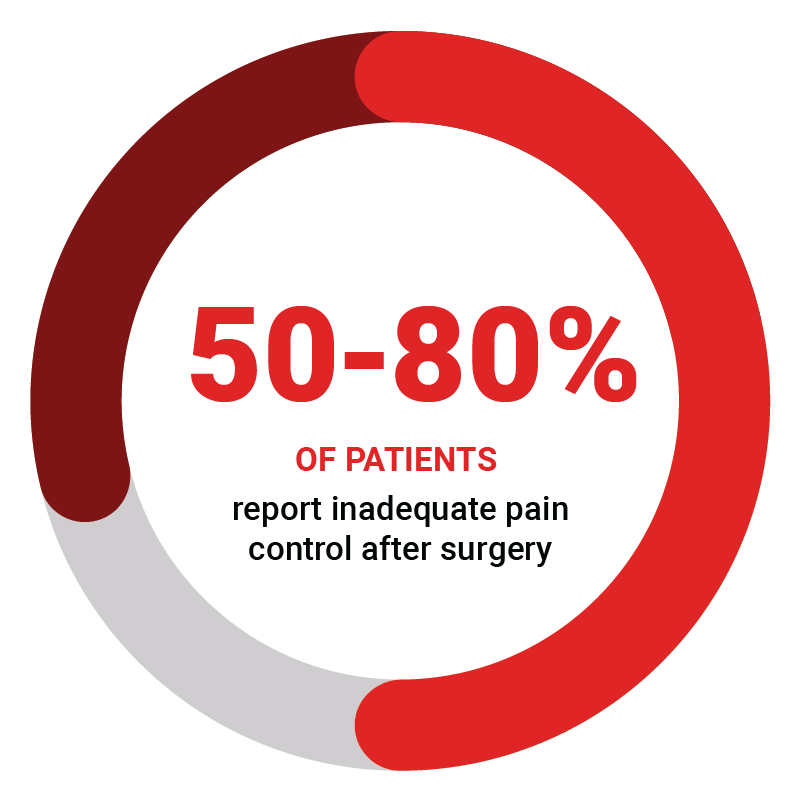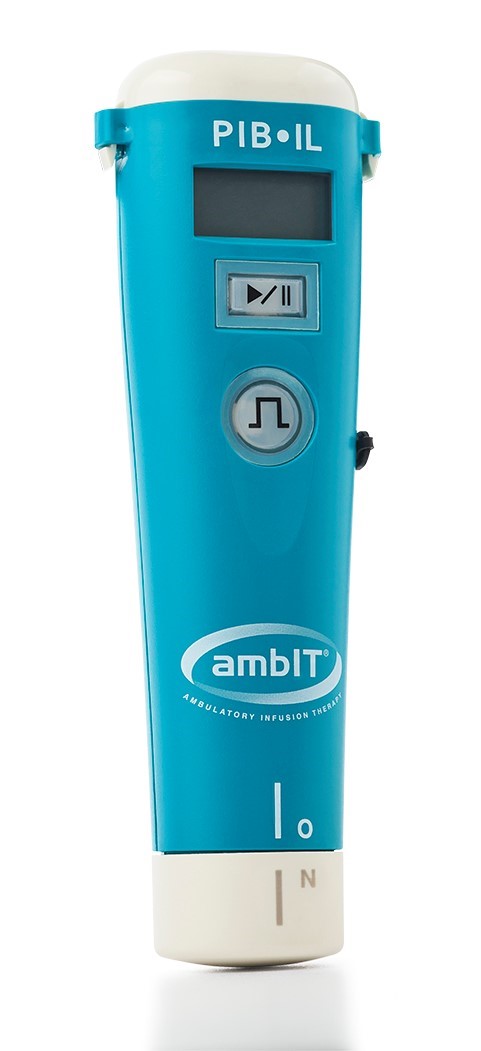Patients need hassle-free solutions
The demand for ambulatory care is growing rapidly. There are more than 5,300 ASCs (Ambulatory Surgery Centers) performing more than 23 million surgeries a year.
By 2026, almost 51% of hip and knee replacement surgeries are expected to be performed in an ASC setting. Patients prefer them. Same-day discharges allow them to recover at home. And, the cost of surgery can be up to 43% lower than if they had to stay in a hospital.
However, the new setting brings a new challenge. With same-day discharges, each patient now shoulders the burden of managing their post-op discomfort at home.
How can ASCs and their surgical teams help patients:
- Manage their pain at home and improve their satisfaction after surgery
- Lower the risk of accidental or intentional overdoses
- Reduce longer-term medication dependencies
Effective pain management is key to improving patient satisfaction after ASC surgery

In this world of value-based healthcare, patient satisfaction is king. Patient satisfaction improves when postoperative pain is managed.
Nearly 60% of patients feel that their biggest concern going into surgery is postoperative discomfort. While, 50 to 80% of patients reported inadequate pain control after surgery. Effective postoperative pain control can help reduce anxiety and discomfort and allow patients to focus on healing.
Higher patient satisfaction scores can help ASCs:
- Gather patient feedback and make improvements as needed
- Negotiate better reimbursement rates with payers
- Improve brand awareness, customer loyalty, and drive growth in a competitive space
There are challenges to helping patients manage pain after surgery
Pain can be intense right after surgery
Post-discharge pain is one of the biggest challenges after ambulatory surgery. Many patients suffer severe to moderate pain within 24-28 hours. Healthcare professionals monitor pain and administer medication in a hospital setting. However, this aspect of care is not possible with same-day discharges.
The responsibility of post-op pain management falls on the patient. Often, patients do not have round-the-clock support. They need intuitive solutions without a steep learning curve.
Getting the right dose can get complicated without automated medicine delivery systems
With same-day discharges, patients need to be able to manage the correct medication dosages immediately after surgery. With 60% of American adults suffering from at least one chronic illness, many patients are already on other medications before getting surgery at an ASC.
While they recover at home, these patients need to take their pain medication and manage their existing and any new meds prescribed.
If the process of having to take their meds is too complicated, it may increase the potential for errors. Skipped or wrong doses can lead to more medical complications, avoidable hospitalizations, and even a longer-term impact on a patient’s health.
There is a risk of developing longer-term addictions and dependencies on pain meds
The opioid crisis in the United States has placed greater scrutiny on how and when opioid drugs are prescribed. The Centers for Disease Prevention and Control (CDC) estimated over 81,000 deaths related to opioid misuse in 2023 alone.
For every 100 patients discharged from a hospital with opioids, at least one will become a heroin addict, one will die of opioid misuse, and one will engage in opioid diversion.
In response to this crisis, several states have begun to implement Prescription Drug Monitoring Programs (PDMPs) to encourage healthcare providers to manage the prescription of potentially addictive substances, like opioids.
ASCs (and hospitals) are looking for alternative ways to help patients manage their pain while lowering the risk of substance abuse or drug overdoses. Administering opioid-sparing medication at the proper dosage and frequency is one way to minimize longer-term opioid dependencies.
The need for multimodal pain management: The ASCs balancing act
The benefits of ASC surgery may be negated by a rise in hospital admissions from dissatisfied patients in pain – unless the pain is managed well. On the other hand, there is a need to control dosing and prevent accidental overdoses or the risk of patients developing dependencies.
How can ASCs balance the goal of same-day discharges and improve patient satisfaction without compromising on patient safety?
The answer lies in providing patients with pain management systems that are easy to use and opioid-sparing, with controlled pain medication delivery.
A multimodal pain management approach using non-opioid alternatives can be beneficial. For example, studies on the effects of multimodal analgesia on the opioid requirements of critically-ill trauma patients have shown a significant reduction in opioid use without increasing patient discomfort.

Combining non-opioid pain solutions like local anesthesia through pain pumps and NSAIDs delivered orally can offer effective multimodal pain management after surgery.
Centrally-acting, non-opioids like non-steroidal, anti-inflammatory drugs (NSAIDs), acetaminophen, and more, when given together with local anesthetics, can be very effective multimodal pain management after orthopedic surgery. In cases where opioids are needed, a multimodal approach can limit the number of days and the dose required.
Electronic pain pumps, like the AmbIT family of pain pumps, are very effective in managing breakthrough pain
Advanced pain management solutions like the AmbIT family of pumps make it convenient for patients to manage their pain independently. They provide continuous or intermittent delivery of the required medication at pre-programmed rates. Local anesthetic can also be easily bolused if required.
The AmbIT Pain control system may offer your patients:
- More comfortable recovery after surgery
- Better pain relief without the side effects of narcotics
- Quicker return to normal
- Earlier release from the hospital
Learn more about how the AmbIT family of pumps helps ASCs manage pain and improve patient satisfaction safely.
Get ambIT for Your Facility
Equip your hospital or surgery center with ambIT pain pump devices, including convenient medical billing and customer support when you order through Compression Solutions.
